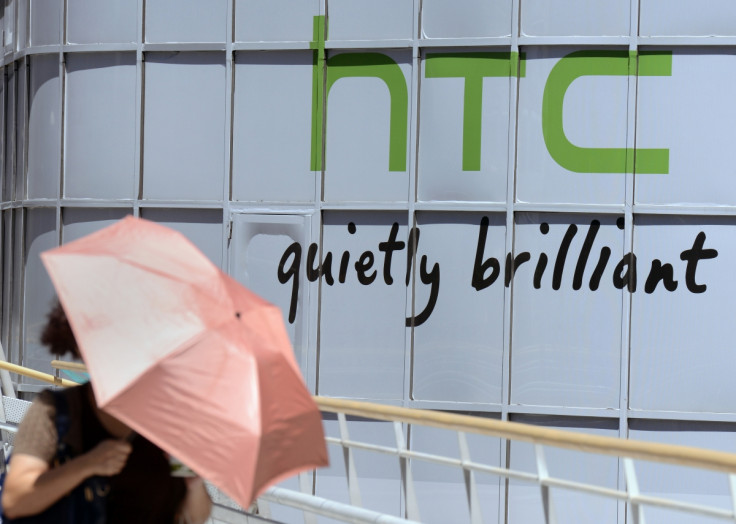HTC 10 and Vive: Are these the products that can revive the Taiwanese company?

HTC's recent numbers make for dismal reading, prompting many to question the viability of the highly-rated and admired Taiwanese smartphone maker. So much so, the impending launch of the HTC 10, its flagship successor to the One M9, and Vive virtual reality headgear, not to mention a smartwatch, is vital to its fortunes.
HTC has come a long way since its market cap plunged by 95% in 2015 to below the value of its NT$47.2bn ($1.43bn, £1bn) cash holding. But the gloom hasn't quite lifted.
In February, its revenues declined 35% from the previous month while its earnings dropped 55% year-on-year — its lowest in almost a decade.
Until 2012, HTC was one of Android's most popular handset makers. In 2011 it held an over 10% share in the smartphone market. Today, it is down to just 1% as sales of HTC smartphones — which once only trailed Samsung and Apple — have dipped, primarily due to redundant models and a lack of innovation.
Problem areas
HTC's lack of innovation since the HTC One M7 has been a major issue facing it. The situation got worse with the launch of the One M9 in 2015, which though promoted as a flagship had features and specs that put it more in the mid-market territory. Besides, there was not much to offer to consumers who had bought the One M8 the year before as the M9 just mirrored its predecessor with nothing to wow consumers with.
"Our flagship is in direct competition with several others, we have had some problems with it for two years," admitted company CEO Cher Wang to the Telegraph. "I think the problem was competition — Apple, Xiaomi, these companies spend tons of money on communications and marketing, they pump a huge amount of investment into the market. There are a lot of Chinese competitors," she added.
Wang's analysis is not unwarranted. Even though the mid-range HTC Desire line of phones continue to fetch some numbers for the company, the plethora of unwanted and "pricey" models when compared to Chinese budget phone counterparts has plagued the company's prospects.
Prospects to look ahead
The company recently unveiled some new models of the Desire range at the MWC 2016, marketed as mid-range phones possibly because it wants to cash in on the budget and mid-range market.
The HTC One M10, which is now being called the HTC 10, has been dubbed one of the most awaited phones for the year. But for any device to gain traction along the likes of Samsung Galaxy S7, the LG G5, Xiaomi Mi5 and others, the company has to produce something stellar and nothing like the One M9 that was a huge disappointment.
Unconfirmed reports spotted on Chinese social network Weibo, claim that HTC has struck a deal with Google to manufacture Nexus devices for the next three years. This comes with a rider that the manufacturer's name not be printed on the phone as per earlier reports. If the deal does materialise the smartphone maker can depend on a big chunk of revenue to come from this partnership.
The biggest push, however, is expected to come from the VR segment that the company has delved into with the Vive VR headset, which it believes will boost its fortunes. Interestingly, the day HTC reported its disastrous results, the company's stocks soared almost 21% in the next two days thanks to the pre-order numbers of the Vive headset. The company claims it sold 15,000 units in just 10 minutes, besides receiving a high number of pre-orders.
Wang seemed positive about the prospects of VR. "VR has been on our minds for a long time, and now HTC has made virtual reality real. Now we are more realistic. We feel that we should apply our best design to different type of sectors. Yes, smartphones are important, but to create a natural extension to other connected devices like wearables and virtual reality is more important," she said.
The company also has plans to release a smartwatch, the HTC One, sometime in April, which is expected to take on the likes of Huawei Smartwatch, Samsung's Gear series, LG Urbane series, Asus Smartwatch and more. The diversification strategy may just help the company get back on track from currently being a diminishing smartphone brand.
© Copyright IBTimes 2025. All rights reserved.





















